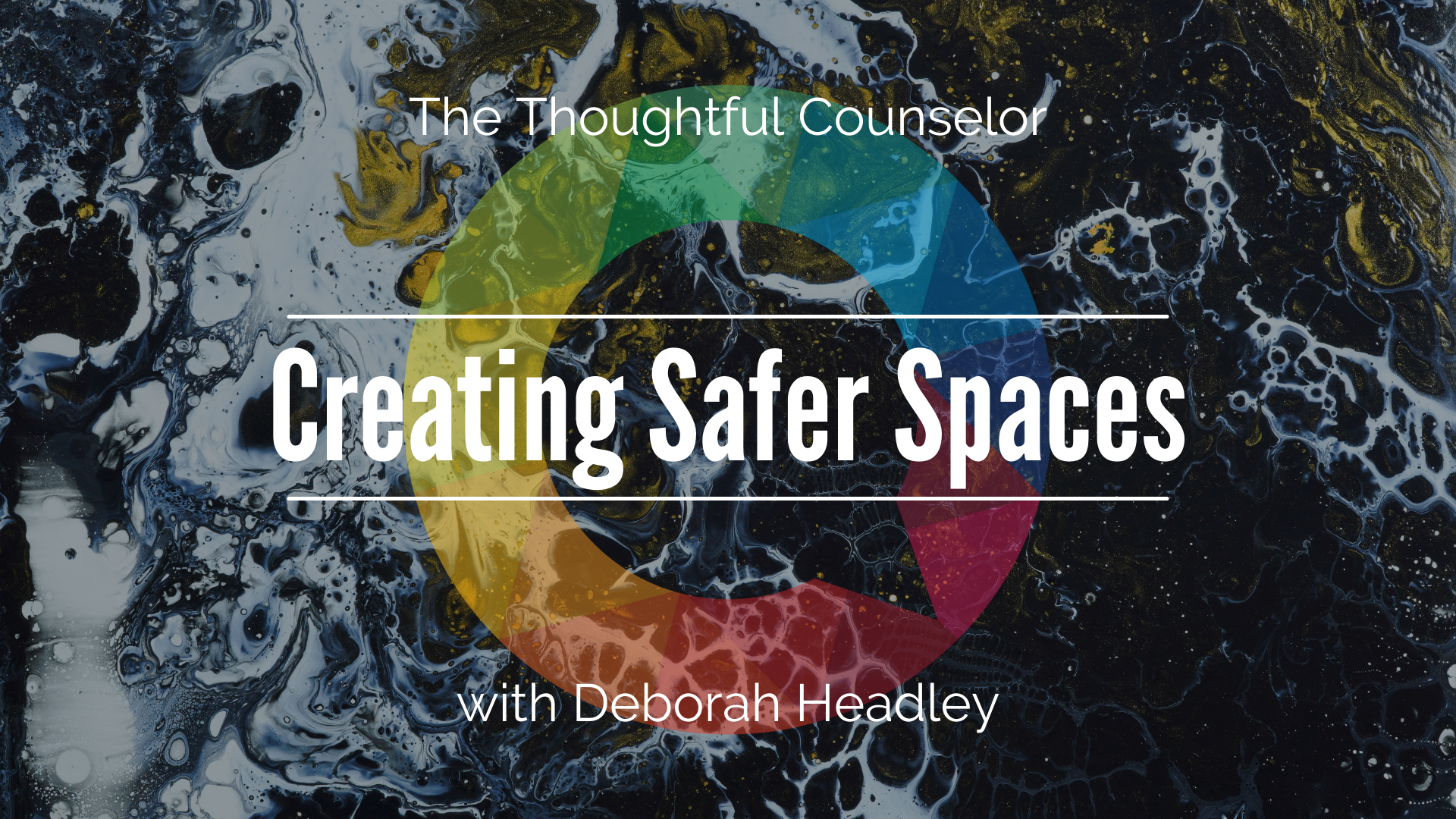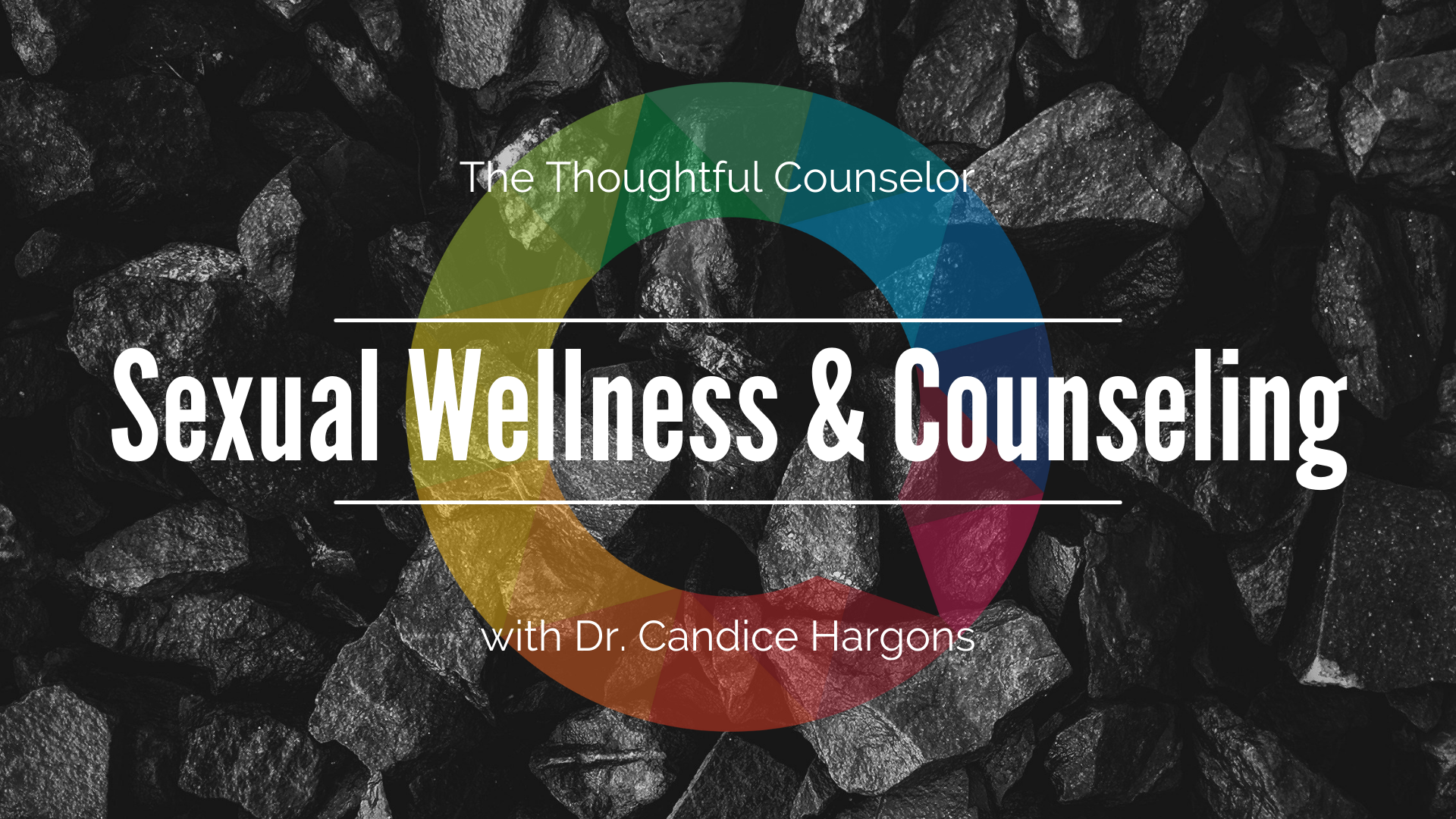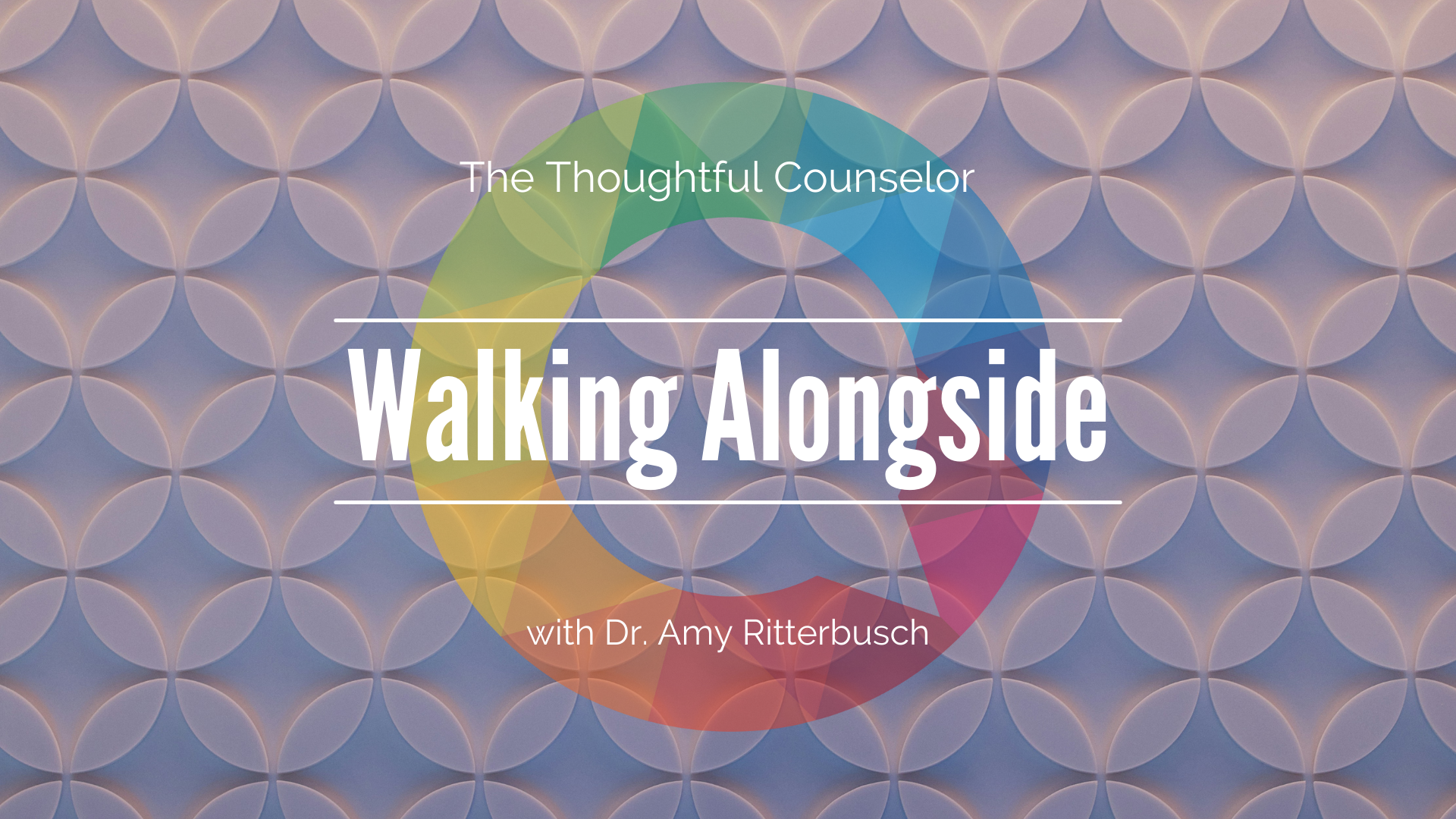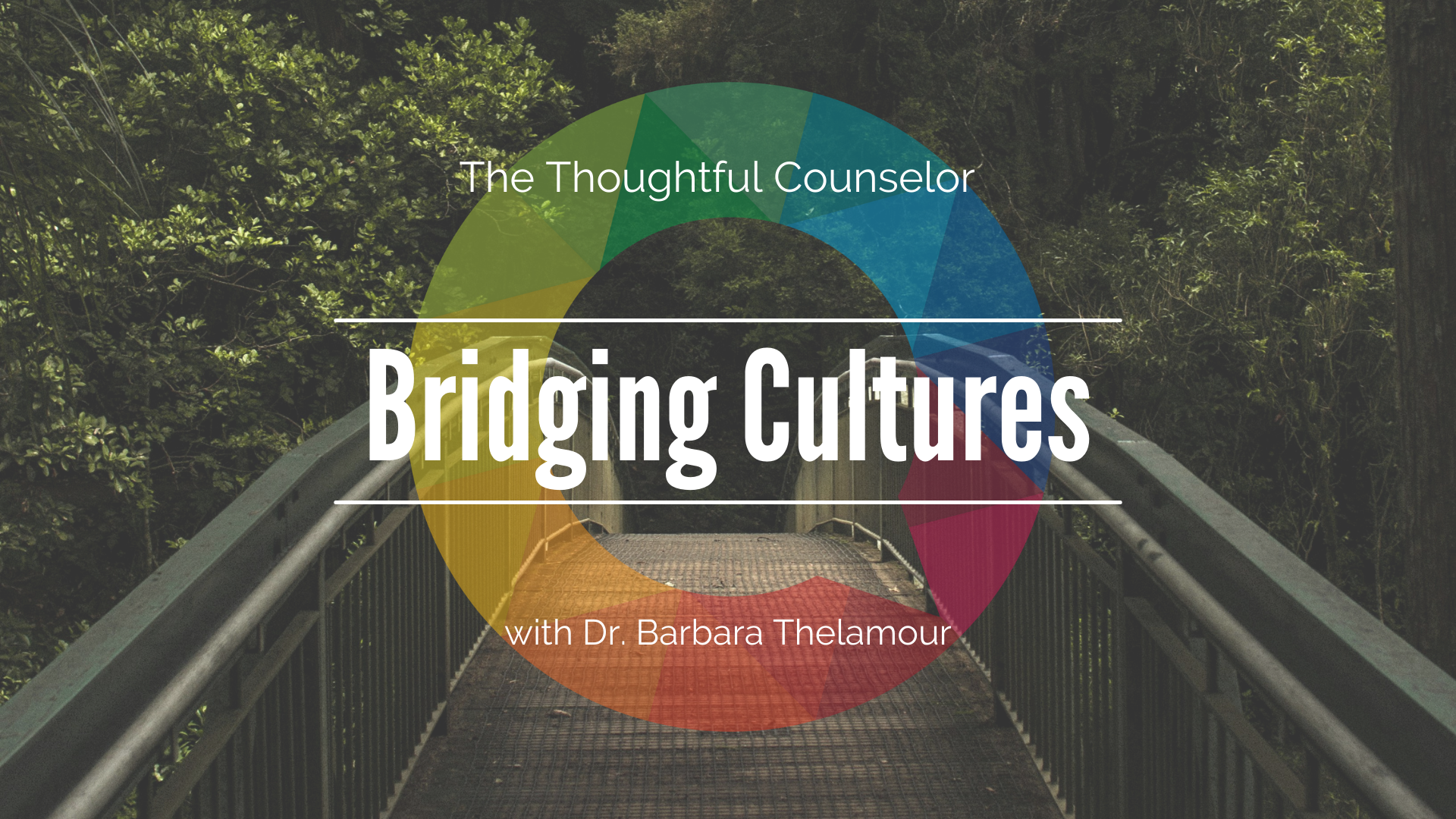Episode
About this Episode:
Internationally renowned clinician, educator, and activist Deborah Headley, MSW chats with Dr. Aaron Smith about how clinicians and educators can create safer spaces for clients and students who are at the intersections of multiple marginalized identities. Deborah shares her three-phase process for facilitating a trauma-informed, safe space to resolve conflicts. These include prevention, intervention, and resolution/evaluation:
Prevention: set the tone (framework, my background, experience, teaching style, lens); create agreements including me (my power), gatekeeping
Intervention: review course syllabus and make connections (walk through)
Resolution & Evaluation: critical analysis (belief, opinion vs information & knowledge) ▪ accommodations – all of you is welcome in the classroom; deconstructing the hidden curriculum; secondary & tertiary learning
Presenter
About Deborah:
Deborah has had a long career as a child and youth counsellor, mental health practitioner, clinical social worker and close to twenty years as an individual family and relationship therapist in private practice. She specializes in working with and teaching about the intersectionality of issues related to mental health, sexual violence/abuse, intimate partner violence, intersecting identities, settlement, parenting, and trauma resulting from discrimination in the workplace, from an equity perspective.
Deborah’s work can be described as engaging, sensitive and attuned to the unique cultural needs of her clients, due to her broad understanding of social issues and the realities of differentness. She is dedicated to helping clients “get what they want”. Deborah believes that when clients gain new and more accurate information, heal their hurts and gain skills, they are more effectively able to positive changes in their lives.
In addition to her clinical work, Deborah is a trainer, educator, organizational consultant and community activist. With close to twenty-five years as an educator coupled with her experience in direct services, clinical supervision, management /governance, and organizational/program development, she is able to integrate inclusive approaches in her work in order to enhance learning, professional application and employability in today’s workplaces. Her expertise in this area, includes mental health equity, working with marginalized populations, conflict management, professional and clinical issues in human services and organizational change.
Deborah has worked with and been a member of a number of boards, advisory groups, and municipal committees across the Greater Toronto Area (GTA). As a member of these groups, addressed women’s issues, immigration/settlement, race and ethno-cultural relations, adolescent health and literacy programs, community safety, and sexual abuse/violence. She has also played an active part in piloting a number of youth initiatives.Below is a brief list of the community activities Deborah has been involved in over her career.
- Agincourt Community Services Association: Strategic Planning for Honor Based Programs in Scarborough (2014-2015)
- Ontario Council of Agencies Serving Immigrants (OCASI) – Positive Spaces Initiative for Newcomers in Ontario (2007-present)
- George Brown College Positive Space Resource Person – Centre for Continuous Learning (2007-present)
- York Region Abuse Program: Clinical Advisory Committee Member – Diversity Consultant (2003-2013)
- Founding Member and Provincial Executive for OPSECAAT – Organization of Part-time and Sessional Employees of Colleges of Applied Arts and Technology (2008-2010)
- Consulting Member of the (Multi-Cultural Anti-Racism Organizational Development) MAROD Review Committee for United Way Greater Toronto (2007-2008)
- City of Toronto Family Home Visitors –First Annual Conference Launch and Keynote Speaker (2005)
- Warden Woods Community Centre Board Member (Past Chair)- (retired 2004 after 6 years)
- Harmony Street Youth Mental Health Choir: One of a kind in Ontario
Links and References
Advice from Deborah:
Get involved in advocacy and activism
Make friends with your local librarian so that you can identify resources that help you expand your cross-cultural competencies on thinks like intersectionality, racism, and colonization
Connect with other activists from a variety of fields
Do your personal work!
Take one thing that you learned from this podcast and actualize it!
Citation
APA Citation for this Episode:
Smith, A. (Producer). (2021, July 7). Creating Safer Spaces for Clients and Students who are at the Intersections of Multiple Marginalized Identities with Deborah Headly [Audio Podcast]. The Thoughtful Counselor. Retrieved from https://wp.me/p7R6fn-Xu2





















